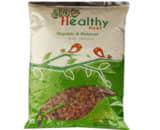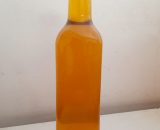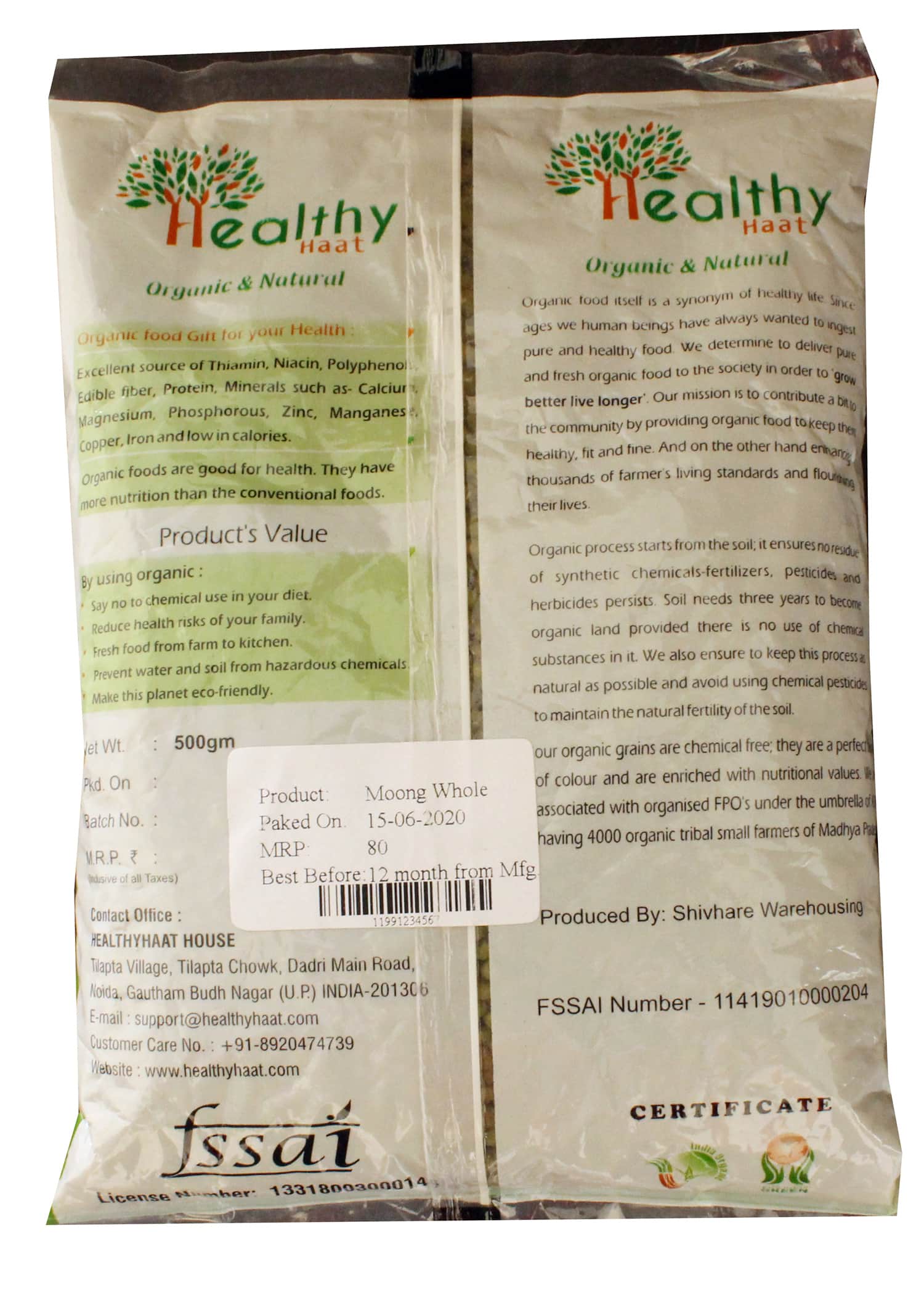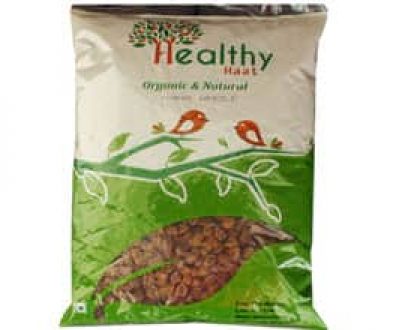- You have no items in your shopping cart
- Subtotal: ₹0.00
Mung beans are rich in vitamins and minerals.
One cup (7 ounces or 202 grams) of boiled mung beans contains (3):
- Calories: 212
- Fat: 0.8 grams
- Protein: 14.2 grams
- Carbs: 38.7 grams
- Fiber: 15.4 grams
- Folate (B9): 80% of the Reference Daily Intake (RDI)
- Manganese: 30% of the RDI
- Magnesium: 24% of the RDI
- Vitamin B1: 22% of the RDI
- Phosphorus: 20% of the RDI
- Iron: 16% of the RDI
- Copper: 16% of the RDI
- Potassium: 15% of the RDI
- Zinc: 11% of the RDI
- Vitamins B2, B3, B5, B6 and selenium
These beans are one of the best plant-based sources of protein. They’re rich in essential amino acids, such as phenylalanine, leucine, isoleucine, valine, lysine, arginine and more
High Antioxidant Levels May Reduce Chronic Disease Risk
Mung beans contain many healthy antioxidants, including phenolic acids, flavonoids, caffeic acid, cinnamic acid and more
In many Asian countries, mung bean soup is commonly consumed on hot summer days.
That’s because mung beans are believed to have anti-inflammatory properties that help protect against heat stroke, high body temperatures, thirst and more
High cholesterol, especially “bad” LDL cholesterol, can raise your risk of heart disease.
Interestingly, research shows that mung beans may have properties that can lower LDL cholesterol.
For instance, animal studies have shown that mung bean antioxidants can lower blood LDL cholesterol and protect the LDL particles from interacting with unstable free radicals
| Unit | 500 Gm |
|---|









